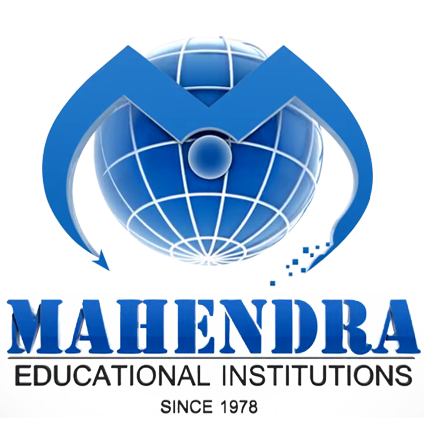Research Integrity
Research integrity is of utmost importance for every institution. Maintaining high standards of research integrity not only ensures the credibility and reputation of the institution but also contributes to the advancement of knowledge. The peer team of Research & Development is formed:
- To establish and communicate clear ethical guidelines for research. These guidelines should cover issues like plagiarism, data fabrication, data manipulation, and conflicts of interest.
- To provide ongoing education and training to researchers, faculty, and students about the importance of research integrity, responsible conduct of research, and the consequences of unethical behavior.
- To encourage open science practices, including open access publishing, sharing of research data, and pre-registration of research protocols, etc.
- To implement a robust peer-review process for research publications to ensure that the quality and ethical standards of research are upheld.
- To provide strong mentorship to students and junior researchers to instil research ethics and ensure adherence to best practices.
- To establish a mechanism for reporting research misconduct without fear of retaliation.
- To clearly define authorship criteria and the order of authors on research publications to prevent honorary authorship and disputes.
- To implement data management and security protocols to protect research data from unauthorized access and ensure its integrity.
- To implement and enforce policies to disclose and manage conflicts of interest among researchers and faculty.
- To develop procedures for investigating allegations of research misconduct and ensure due process is followed in such cases.
- To adhere to publication ethics, including responsible citation practices, proper attribution, and adherence to copyright laws.
- To ensure transparency in financial disclosures and funding sources for research projects, including industry partnerships.
- To define guidelines for collaborations between researchers within and outside the institution, addressing issues like data sharing, authorship, and intellectual property rights.
- To conduct periodic audits and assessments of research practices and compliance with ethical standards to identify and rectify any shortcomings.
- To engage with the broader research community, including peer institutions, to share best practices and collectively promote research integrity.
- To hold individuals and teams accountable for any breaches of research integrity.
- To foster a culture of research integrity that emphasizes the value of ethical conduct and its role in academic and scientific progress.
- To regularly review and update policies and practices to keep pace with evolving ethical challenges and best practices in research.
- To ensure transparent reporting of research results, including the disclosure of limitations and potential sources of bias.
- To promote research via appreciation of faculty members with a standard research policy.
By adhering to these principles and promoting a culture of research integrity, our institution contributes to the advancement of knowledge while maintaining their credibility and reputation in the academic and scientific community.
CFP – CHECK FOR PLAG
Plagiarism Software: The institution has integrated state-of-the-art plagiarism detection software Check for Plag (CFP) into innovation ecosystem's research and academic workflows.

